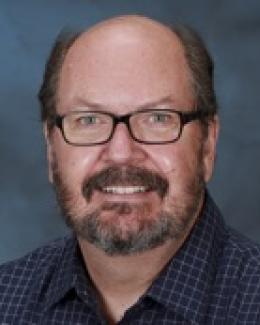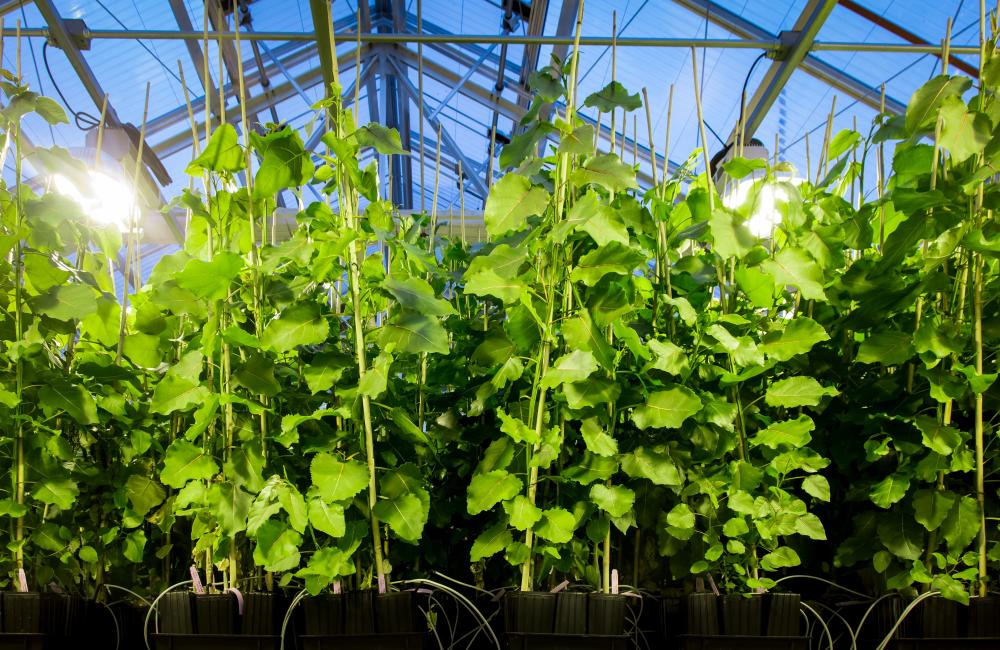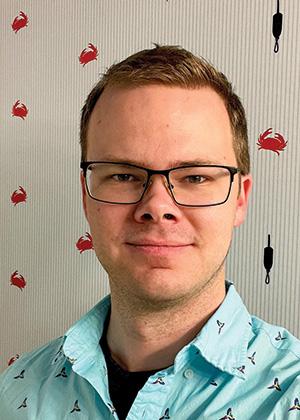
Duncan Moseley
Postdoc, Materials Science and Technology Division
Ph.D., Inorganic Chemistry, University of Tennessee, Knoxville
Hometown: Austin, Texas
What are you working on at ORNL?
I primarily use neutron scattering and diffraction techniques to study hybrid lattice and spin excitations in various materials. My work will allow us to discover how strong coupling between lattice vibrations, electrons and spins can promote the discovery of quantum and energy materials with novel properties.
What would you like to do in your career?
Since beginning my postdoc here, I have really developed a fascination with neutron scattering. I would like to continue using these techniques to study a variety of interesting materials in a national laboratory environment such as ORNL, either as an instrument or staff scientist.
Why did you choose a career in science?
I’ve had a knack for science since I was young. I have found that I love to learn new ideas and how things work. I particularly enjoy the hands-on technical work and problem-solving aspects of science. Making new discoveries and analyzing experimental data is right up my alley.
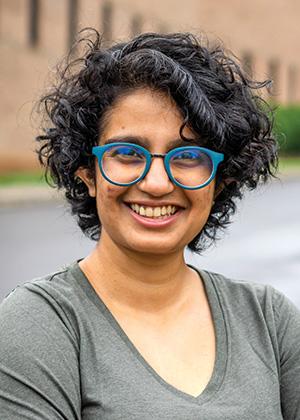
Dipti Kamath
Postdoc, Manufacturing Science Division
Ph.D., Environmental Engineering, Michigan State University
Hometown: Thrissur, India
What are you working on at ORNL?
I work on the technoeconomic and life cycle assessment of integrated biorefinery technologies for paper and pulp industries, additive manufacturing and biomass allocation optimization. In addition, I also serve as a technical account manager for DOE’s Better Plants program.
What would you like to do in your career?
My career goals focus on manufacturing sustainability, by focusing on energy efficiency and circular economy. I want to use my expertise in technoeconomic and life cycle assessment to evaluate the unintended consequences of various technologies and help decarbonize the manufacturing sector.
Why did you choose a career in science?
Science has allowed me to indulge in my fascination for the world around us. Science classes were always fun, especially the problem-solving part. A career in science means I can keep solving problems like the ones I’ve worked on all my life.
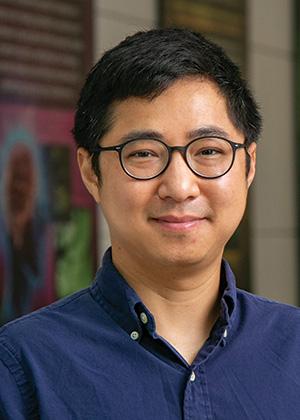
Zening (Zach) Liu
Postdoc, Center for Nanophase Materials Sciences
Ph.D., Chemistry, Auburn University
Hometown: Chengdu, Sichuan Province, China
What are you working on at ORNL?
My research focuses on understanding the behaviors of soft materials at interface and in solution at the molecular level. The findings provide significant insights into the functioning of soft material aggregates, envisioned in next-generation computational systems, 3D-printing media, antibiotics and ion conducting materials.
What would you like to do in your career?
I love doing research and love solving chemistry puzzles. I would like to continue working in material sciences to not only explore materials but to also deliver practical solutions to real-world challenges.
Why did you choose a career in science?
My childhood dream — to explain the wonders of nature — guided me to become a chemist. I immensely enjoy working in chemistry labs, where I have the chance to address fundamental questions in scientific ways and create intriguing results.
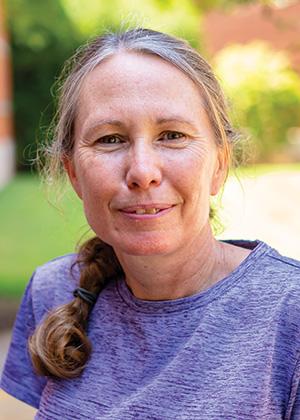
Michelle Lehmann
Graduate student, Chemical Sciences Division
Ph.D. student, Polymer Chemistry, University of Tennessee, Knoxville
Hometown: Bairnsdale, Victoria, Australia
What are you working on at ORNL?
I am working on polymer electrolytes and ion-exchange membranes for fuel cells and large-scale batteries. My research involves designing and synthesizing polymers with improved stability and performance.
What would you like to do in your career?
I would like to stay in research, working on next-generation electrochemical conversion and storage technologies. I hope to aid in the advancement of technologies to support decarbonization of the electricity and transportation sectors.
Why did you choose a career in science?
I chose a career in chemistry because I really enjoyed my undergraduate chemistry classes. Participating in undergraduate research led me to my interest in polymer chemistry and ion-exchange membranes. A career in science allows me to evolve and learn continually and make a positive impact on the world.
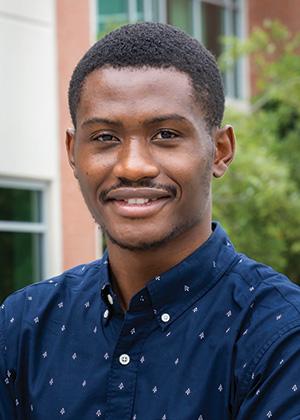
Damilola Olayinka Akamo
Graduate student, Buildings and Transportation Science Division
Ph.D. student, Energy Science and Engineering, University of Tennessee, Knoxville
Hometown: Abeokuta, Nigeria
What are you working on at ORNL?
My research focuses on the synthesis, development and characterization of salt hydrate–based phase change materials. These materials can serve as a thermal battery, storing and releasing thermal energy through phase change. They are part of the next-generation energy storage technologies for the decarbonization of our entire energy system.
What would you like to do in your career?
I would like to contribute to the effort to address global energy concerns by discovering and characterizing novel materials for renewable energy applications. My goal is to have a better understanding of processing–structure–property relationships and the performance of these innovative materials in energy systems and other applications.
Why did you choose a career in science?
My interest and passion for science stem from my curiosity about the world around me. Also, close relatives with scientific backgrounds influenced my scientific career choice. Science allows me to think critically and find answers to complex problems for the benefit of humanity, which I find rewarding.
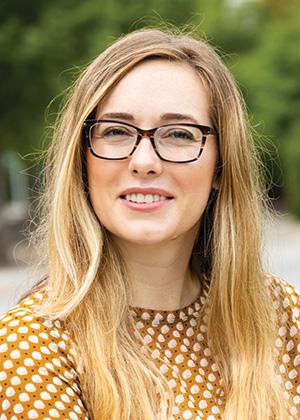
Alexandra Kahl
Graduate student, Geospatial Science and Human Security Division
Ph.D. student, Energy Science and Engineering, University of Tennessee, Knoxville
Hometown: Mount Jackson, Virginia
What are you working on at ORNL?
My research is focused on the impacts of winter storms and long-term outages on the U.S. electric grid and vulnerable populations.
What would you like to do in your career?
After finishing my Ph.D., I am interested in pursuing a full-time research position at a national lab or working with our DOE partners in Washington, D.C. Regardless of my specific position, I hope I can continue to work on resilience-related problems and make a contribution to mitigating and adapting to climate change.
Why did you choose a career in science?
I chose this path because it gives me the opportunity to work on problems that I care about and use my creative side to develop new solutions.
